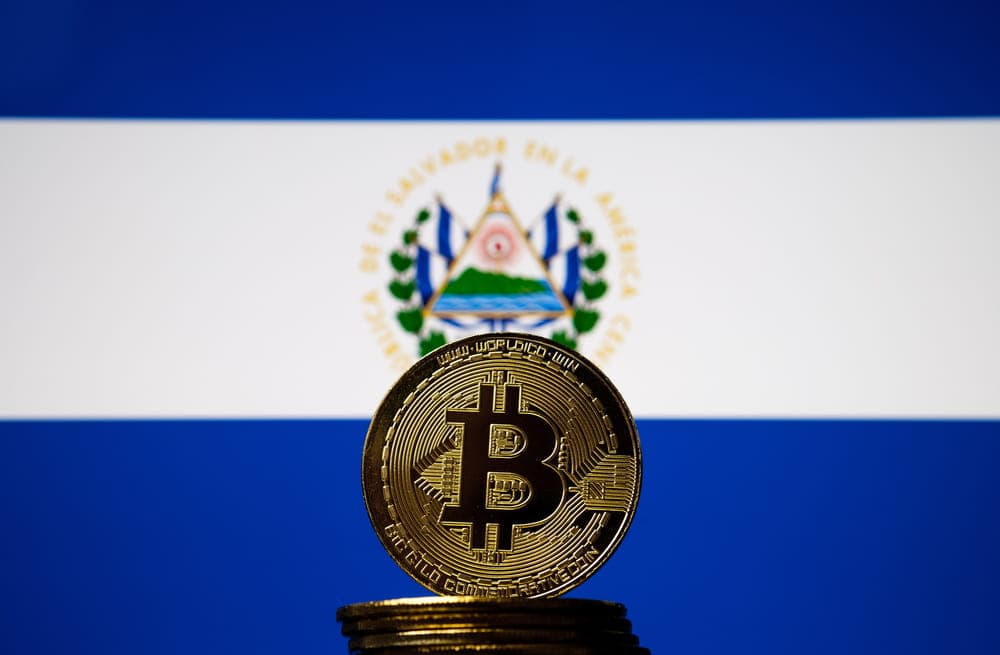In recent years, El Salvador has been at the forefront of a revolutionary financial experiment: adopting Bitcoin as legal tender. This bold move, implemented by President Nayib Bukele, was intended to enhance financial inclusion and stimulate foreign investment. However, the promise that once seemed to shine brightly has encountered significant turbulence. As of 2025, the country’s Bitcoin holdings are navigating challenging waters, with noticeable fluctuations in value that reflect the inherent volatility of the cryptocurrency market. This detailed examination unpacks the journey of El Salvador’s Bitcoin endeavors, analyzing current trends and future implications.
Understanding El Salvador’s Bitcoin Venture and Its Current Financial Impact
Current State of El Salvador’s Bitcoin Holdings
As of the start of 2025, El Salvador held 6,000 Bitcoins valued at approximately $555.83 million, with each Bitcoin priced at $92,595. By mid-April, the country slightly increased its holdings to 6,158 Bitcoins. Despite this growth in quantity, the value plummeted to $515.85 million due to a drop in Bitcoin’s price to $83,930, marking a 9.36% decline. This downturn represents a significant $39.98 million loss for the nation, as detailed by data from Finances Zippy retrieved via Arkham Intel.
Tracing the Historical Context of Bitcoin Adoption
El Salvador’s groundbreaking decision to embrace Bitcoin in 2021 aimed to pioneer economic transformation. Initially, the country accumulated Bitcoin at an average price of around $46,811. Over the past year, despite the setbacks, the nation recorded an impressive $113.7 million gain, reflecting a 27.66% increase. The overall unrealized profit, since adoption, totals an impressive $237.8 million, a testament to the strategic foresight amid a volatile market.
The Rationale Behind Bitcoin Legalization
The initiative to declare Bitcoin as legal tender was a calculated risk designed to attract global attention and investments. However, it has been met with skepticism from various quarters, including the International Monetary Fund, which has advised caution due to potential economic ramifications.
Challenges Faced by El Salvador’s Bitcoin Ecosystem
Despite initial optimism, the implementation of Bitcoin as legal tender has faced substantial hurdles. Of the 181 Bitcoin service providers registered with El Salvador’s central bank, only 20 operate effectively. The remaining entities have struggled to meet the Bitcoin Law’s rigorous financial oversight requirements, raising concerns about the sustainability of the initiative.
Is Bitcoin’s Volatility the Main Challenge?
Bitcoin’s price volatility has posed a significant challenge to the stability of El Salvador’s financial strategy. The 2025 market has experienced dramatic swings, briefly surpassing $100,000 before settling lower, making it imperative for policymakers to consider these fluctuations in future decisions.
Public Perception and Future Directions
Public sentiment towards Bitcoin legalization remains mixed, with many citizens doubting the long-term viability of this approach. The government’s steadfast commitment in the face of criticism highlights the complex interplay between innovation and economic stability.
What Role Do External Advisors Play?
The advice and recommendations from international financial institutions continue to shape El Salvador’s cryptocurrency policies. Balancing external guidance with national objectives will be critical in navigating the future of Bitcoin in the country.
FAQs on El Salvador’s Bitcoin Strategy
How has El Salvador benefited financially from adopting Bitcoin?
Despite some current market losses, El Salvador reports an unrealized profit since its initial Bitcoin purchases due to strategic acquisitions and previous rises in Bitcoin’s value.
What are the main criticisms against El Salvador’s Bitcoin policy?
Critics, including international financial bodies, cite economic instability and regulatory concerns as primary challenges. Public skepticism also underscores fears that the policy might not yield the expected economic benefits.
What measures is El Salvador taking to address Bitcoin-related challenges?
El Salvador is continuously refining its regulatory framework to improve compliance among service providers and mitigate financial risks, while also seeking new ways to leverage its Bitcoin investment for national development.
This comprehensive guide offers insights into the intricacies of El Salvador’s ambitious Bitcoin strategy, blending historical analysis with current market dynamics. As the nation forges ahead, understanding these complexities paves the way for informed discussions about the future of cryptocurrency as a sovereign asset.

